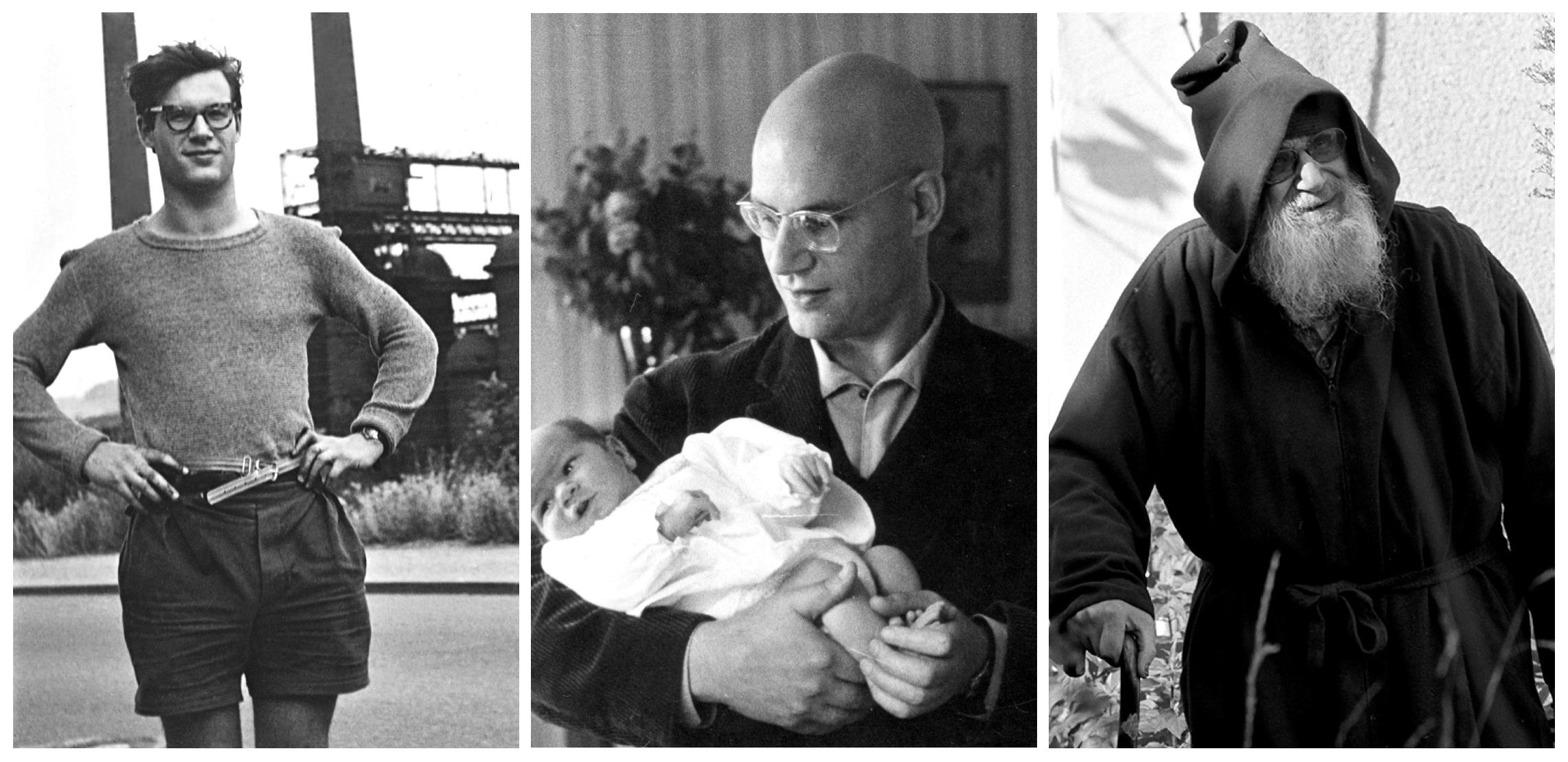Jørgen Veisdal in Cantor’s Paradise:
 Mathematician Alexander Grothendieck was born in 1928 to anarchist parents who left him to spend the majority of his formative years with foster parents. His father was murdered in Auschwitz. As his mother was detained, he grew up stateless, hiding from the Gestapo in occupied France. All the while, he taught himself mathematics from books and before his twentieth birthday had re-discovered for himself a proof of the Lebesgue measure, a staple of integration theory. Later a rising star in the hot-shot French mathematical milieu of 1950s and 60s, Grothendieck would in his “golden years” from 1955–1970 move from subject to subject, introducing revolutionary new ideas as he went along:
Mathematician Alexander Grothendieck was born in 1928 to anarchist parents who left him to spend the majority of his formative years with foster parents. His father was murdered in Auschwitz. As his mother was detained, he grew up stateless, hiding from the Gestapo in occupied France. All the while, he taught himself mathematics from books and before his twentieth birthday had re-discovered for himself a proof of the Lebesgue measure, a staple of integration theory. Later a rising star in the hot-shot French mathematical milieu of 1950s and 60s, Grothendieck would in his “golden years” from 1955–1970 move from subject to subject, introducing revolutionary new ideas as he went along:
“This just kept happening over and over again, where he would come upon some problem that people had thought about for, in some cases, a hundred years […] and just completely transformed what people thought the subject was about” — Nick Katz, Princeton University
In 1966 he was awarded the Field’s Medal, mathematics’ highest honour for his contributions to algebraic geometry, homological algebra, and K-theory. Four years later, he famously abandoned his professorship at the “French Institute for Advanced Study” for political reasons. Indeed, he left mathematics altogether in 1991 to instead live in seclusion in a remote village at the foot of the Pyrenees Mountains. Rarely ever seen or heard from since, he spent the last twenty-three years of his life in isolation, refusing to communicate with anyone, at times attempting to sustain himself on “a diet of dandelion soup” while writing thousands upon thousands of pages of text on spirituality and a “coming day of reckoning”.
This is the story of Alexander Grothendieck, perhaps the most technically gifted mathematician of the twentieth century.
More here.
